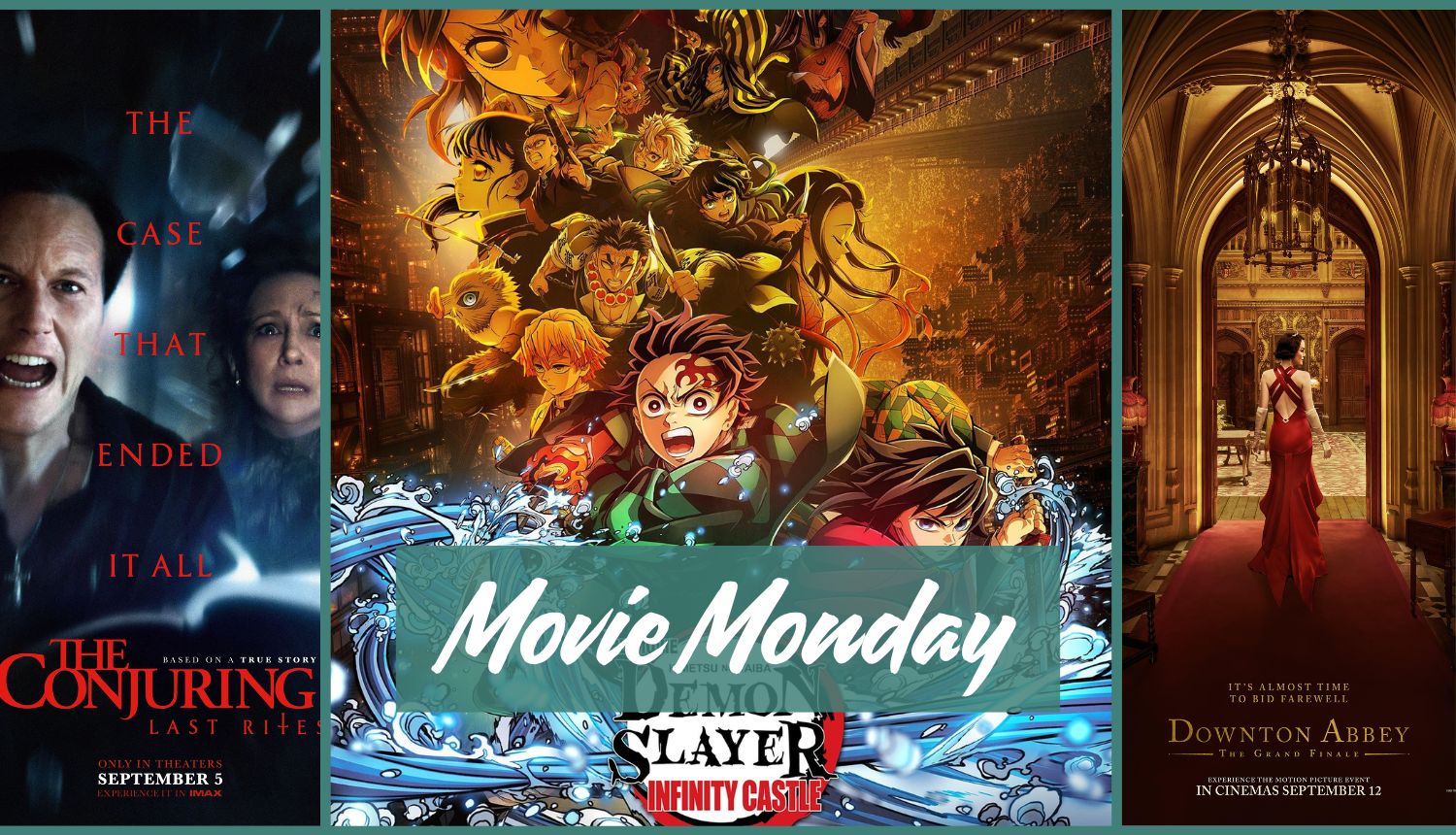An interview with Annie Jin Wang, who is a first-generation Chinese American dramaturg for new plays, musicals, and opera. Her recent credits include: BMP, Signature Theatre, Musical Theatre Factory, Yangtze Rep, The Civilians, East West Players, Theater Mu, and the Croatian National Theatre. Annie currently serves as the Associate Director for Artistic Programming at PlayCo and Artistic Associate at Theater Mu.
The following is an edited transcript of an interview held November 15, 2024.
Anne M. Hamilton: I recently saw you on an American Lyric Theatre dramaturgy video panel, and I thought that it was just great. What was your profession before you turned to dramaturgy?
Annie Jin Wang: In college, I had studied art history and film. Then I worked in Silicon Valley for two years. The educational technology startup that I was working at was a for-profit company with a bit of a nonprofit mission.
Dramaturgy is all about being able to facilitate a line of communication between artists and audience. And so, in that way, tech and theatre are actually not that dissimilar. When I landed here [in New York City], I had a broad range of different professional and life experiences to draw from.
Hamilton: What was your path to opera dramaturgy? What are you doing now? And how do you apply dramaturgical skills to opera?
Wang: I’ve been in the industry now for seven or eight years. I had never really done theatre professionally, or received any formal training, when I made the commitment to switch from my previous field.
I feel like I took a lot of those skills and have been able to apply them to my work here. And similarly, I sort of fell into opera serendipitously, and it’s one part of my dramaturgical work, which also includes straight plays and musicals. In my mind, it’s kind of one holistic conversation.
Hamilton: Tell me about how you came to work at the Metropolitan Opera.
Wang: I landed at Columbia [for an MFA at the School of the Arts]. Columbia had this partnership with the National Theatre of Croatia, where every summer they would send a director/dramaturg pair from Columbia to Rijeka, Croatia, to assist on an opera.
A collaborator and I applied, and we got it. And so, we spent a summer in Rijeka. We were assisting on Carmen, which is probably the most accessible opera for somebody who had no experience in [the form].
That summer really opened my curiosity about opera, and it just so happened that the Met had a posting up for a dramaturgy intern under Paul Cremo, so I wrote the application on my way back from Rijeka.
Then I spent my fall semester working in the Dramaturgy office at the Met and doing a lot of work, both in seeing operas in the Met’s repertoire, but also getting to support Paul on doing dramaturgical work on the new librettos and helping to do a lot of research on artists for the Met to commission.
Hamilton: I love how you’re allowing yourself to be fluid, with your curiosity guiding you; also, your instinct and your skills.
Wang: Yeah, I think you kind of have to be fluid these days.
Morgan Jenness was one of my instructors and encouraged both fluidity and instinct. The thing I remember the most about being in class was how alive they were at all moments, and how they were so singularly devoted to the craft, to the field, you know.
Hamilton: How long did you spend at the Met in that position?
Wang: It was three months, around 15 to 20 hours a week.
Everybody wants to be able to break through the ceiling of their skills. It’s only until recently that I’ve really started to have a stronger sense of what my positionality in the field looks like. And of course, that’s always changing, because the industry is also always changing.
Hamilton: Yes, you have to understand contextuality, borders, overlaps, and intersectionality.
Wang: I’m really grateful for producers—like Beth Morrison—who really see the value of dramaturgy in the development of new operas, and for bringing me onto multiple projects.

Hildegard lead photo. Courtesy of BMP.
Hamilton: Do you have a favorite project that you’ve worked on so far?
Wang: I don’t have a favorite child. They’re all my children. But I can share a little bit about the first BMP I joined. It’s called Hildegard.
The composer librettist is Sarah Kirkland Snider, who is just a wonderful composer. And this is her first libretto. She’s a really, really gifted writer. We’ve been working together since the end of 2021.
[Sarah has] this intellectual and emotional relationship with [the works of] Hildegard von Bingen, who was a twelfth-century German Benedictine abbess and composer, writer, and mystic. I just got back from one of the development workshops we did for Hildegard, which was at the Cincinnati Opera. It was in partnership with the Cincinnati Conservatory of Music and the Cincinnati Opera. The world premiere will be in the fall of 2025 at the Los Angeles Opera.
I actually think that, theatrically, opera is one of the more avant-garde art forms that we have right now.
Hamilton: At what point have you been brought on to the team of a new opera that is being developed?
Wang: Currently I have been brought on each time midway through the process. And sometimes, I think, you just don’t know if you need a dramaturg until you realize that you need a dramaturg. Or you’ve never worked with a dramaturg before, and so it doesn’t cross your mind to, or you are less familiar with the concept of dramaturgy, and what a dramaturg can do to support your process.
With my long-term collaborators, like my friend Julián Mesri—who is a really fantastic composer, book writer, music director, you know, man about town—so often our conversations start when he’s still in the process of ideating. But in the case of the [other] operas, I have been brought on after at least one draft of the libretto has been written, and I think this is very common in all kinds of new works.
Hamilton: We’re professional theatre artists and we’re professional academicians. It’s such an amorphous thing, but such a vital one
Wang: This is bringing up a deep memory. I said that I didn’t really have any contact with opera before I did the Columbia program, [but] I just remembered. I literally wrote one of my Columbia [application] essays on the production of Dream of the Red Chamber by Bright Sheng and David Henry Hwang, who was the first Asian American playwright that I ever read.
It was getting a premiere at the San Francisco Opera. Dream of the Red Chamber is one of the three novels that every single Chinese person in my parents’ generation knows like the back of their hand. But it was really special to bring my mom and get to see the surtitles in English, Mandarin, and Cantonese.
I hope that, if people take away anything from this conversation, it’s that you should just try things. You have to make space for yourself.
It’s really important to me to always be taking other artists’ experiences into account in my own practice, so that I don’t become complacent in the way that I work. Every project has its own needs, its own heart, its own voice, and I think the only way to really serve the work is to be able to meet it in the place that it’s at.
This post was written by the author in their personal capacity.The opinions expressed in this article are the author’s own and do not reflect the view of The Theatre Times, their staff or collaborators.
This post was written by the author in their personal capacity. The opinions expressed in this article are the author’s own and do not reflect the view of The Theatre Times, their staff or collaborators.

















